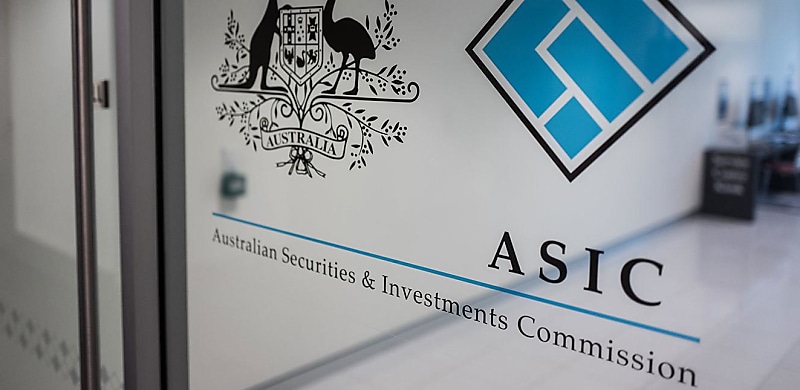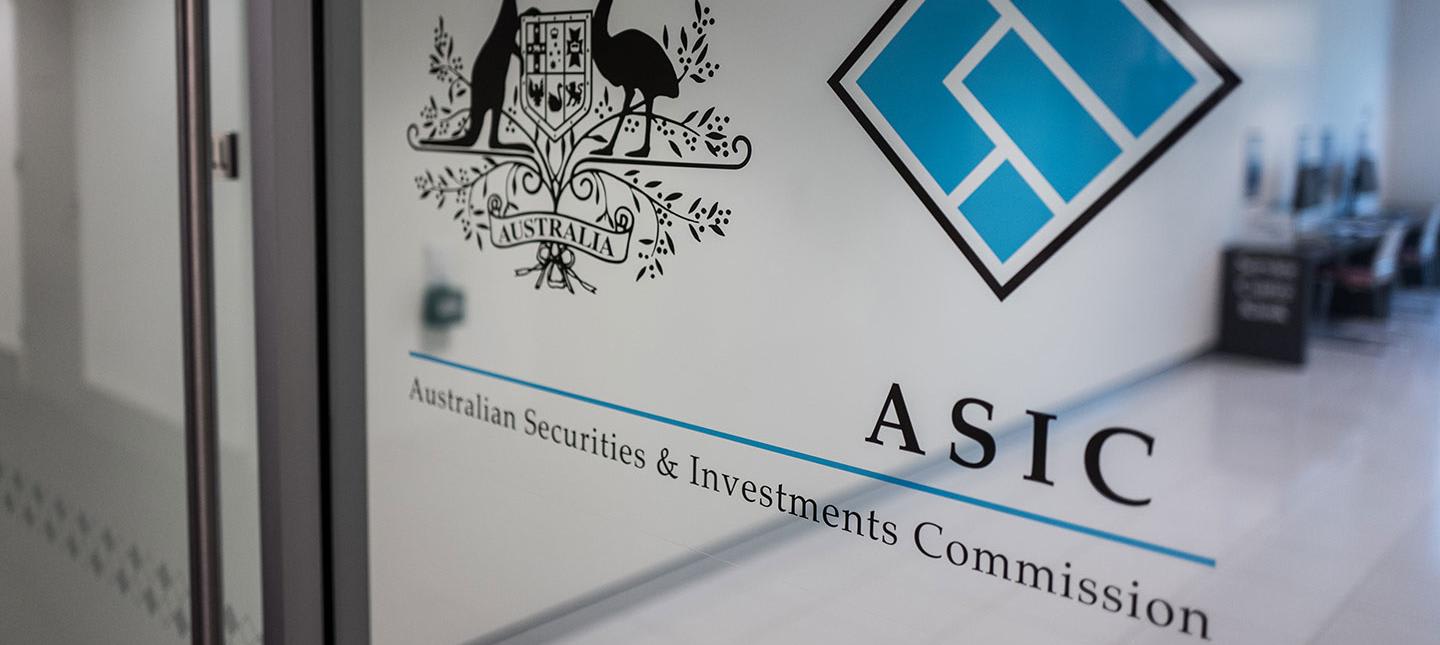
The financial services regulator has, for the first time, cancelled credit licences of companies following the payment of CSLR compensation.
The Australian Securities & Investments Commission (ASIC) has cancelled the Australian credit licences (ACLs) of two finance companies – Ultimate Credit Management Pty Ltd and Worry Free Finance Pty Ltd – following payments of compensation by the Compensation Scheme of Last Resort (CSLR) to former customers.
Ultimate Credit was a debt collection company that bought consumer credit contracts from credit providers and then sought to recover those debts from the borrowers.
ASIC had attempted to sue Ultimate Credit in 2021 over allegations that the company had breached the National Consumer Credit Protection (NCCP) legislation by beginning legal proceedings against 24 borrowers (who owed between $400 and $2,851) in NSW when these borrowers lived in other states. The NCCP requires credit providers to commence debt recovery proceedings in the state or territory in which the borrower lives.
However, the final hearing was postponed several times and Ultimate Credit eventually went into liquidation in June 2023 (before the hearing date).
Despite the company having entered liquidation, the Australian Financial Complaints Authority (AFCA) made a determination against Ultimate Credit on 6 February 2024, which it failed to pay. The compensation then moved to the CSLR, which paid the $500 compensation to the impacted customer and notified ASIC.
Where the CSLR pays compensation to an eligible consumer in relation to an AFCA determination and notifies ASIC of the details of the firm that failed to pay the compensation, ASIC must cancel the Australian financial services licence or Australian credit licence of the firm.
The regulatory therefore cancelled Ultimate Credit’s licence on 10 September 2024.
Similarly, Worry Free Finance has had its ACL cancelled and was struck off by ASIC on 12 September after the CSLR notified the regulator it had paid $22,001 to a former customer on 29 August. This came about after AFCA made a determination against the company in February 2022, which the company failed to pay.
The cancellations are not subject to discretion or merits review.
The controversy of the CSLR
While the two cancellations mark the first time ASIC has struck off ACLs following a CSLR payment, the regulator used a similar power to cancel the financial services licence of Libertas Financial Planning Pty Ltd (in liquidation) in August.
The new powers have been exercised following the commencement of the CSLR, which began in earnest in April 2024 and made its first payments (including one linked to broking) in June.
However, the scheme has been beset by controversy in the few months it has been in operation.
The scheme can pay up to $150,000 in compensation to consumers who have an unpaid determination from AFCA relating to authorised personal financial advice, credit intermediation, securities dealing or credit provision, and where other eligibility criteria are met.
However, the financial services industry has been challenging the funding arrangements of the body, as compensation claims and costs are borne by the subsectors of the financial services industry that are covered by the CSLR, including credit intermediation.
For example, this financial year, the CSLR expects to recoup the following:
- Financial advice, $18.5 million
- Credit provision, $1.5 million
- Credit intermediation, $1.8 million
- Securities dealing, $2.3 million
Members of the wealth management industry have been particularly aggrieved about the high costs being placed on them, given they are being asked to, in effect, pay high penalties for something they have not done.
This year’s $18.5 million bill, for example, largely relates to a major defunct entity Dixon Advisory and the financial planning sector has been particularly aggrieved that they are wearing costs relating to this entity when its parent company E&P Financial Group is still in operation.
Following a campaign by the financial planning industry, the parliamentary joint committee on corporations and financial services is set to scrutinise the collapse of Dixon Advisory and how its failure has influenced the development and ongoing viability of the Compensation Scheme of Last Resort (CSLR).
[Related: Should brokers join the fight against CSLR?]

